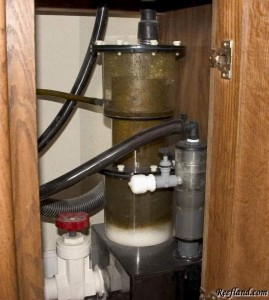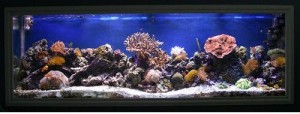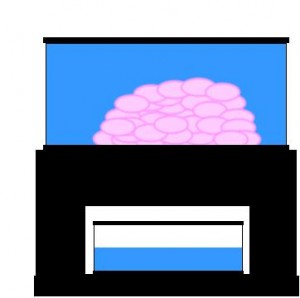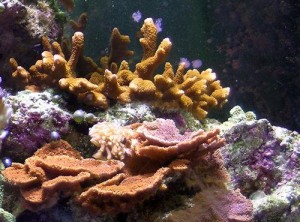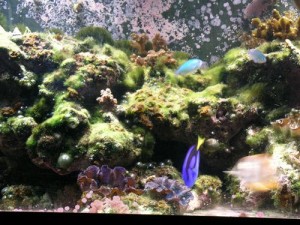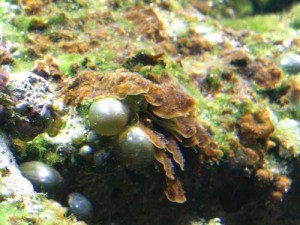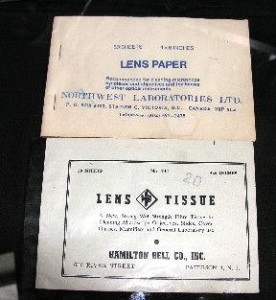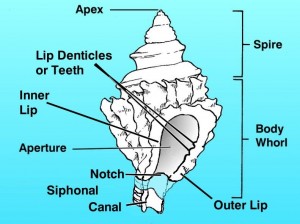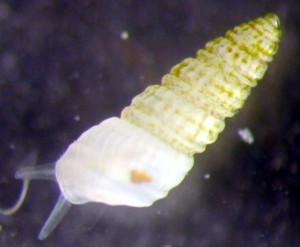
January 2006 Edition Introduction By: Scott Zachow & Gene Schwartz Welcome to the January 2006 Edition of Reef Hobbyist Online – Wishing You A Happy New Year!Wow, already another year passes us as we enter 2006. The Staff of Reefland.com hopes that you had a wonderful holiday and wish you the very best in 2006! This month in Reef Currents,… [Read More]

